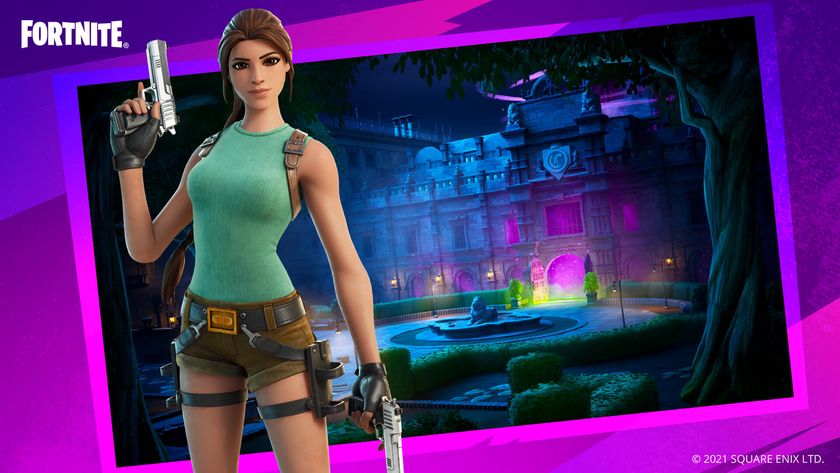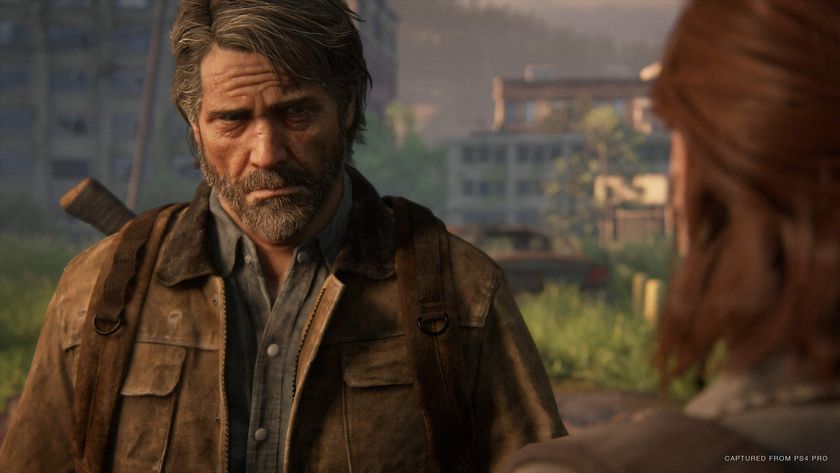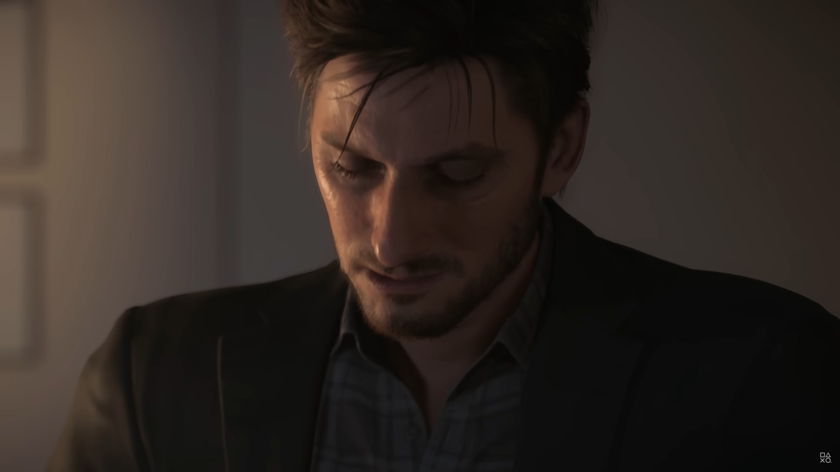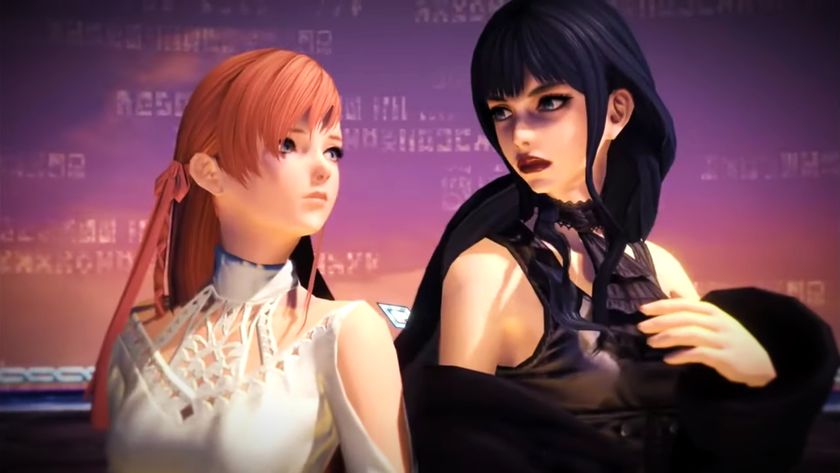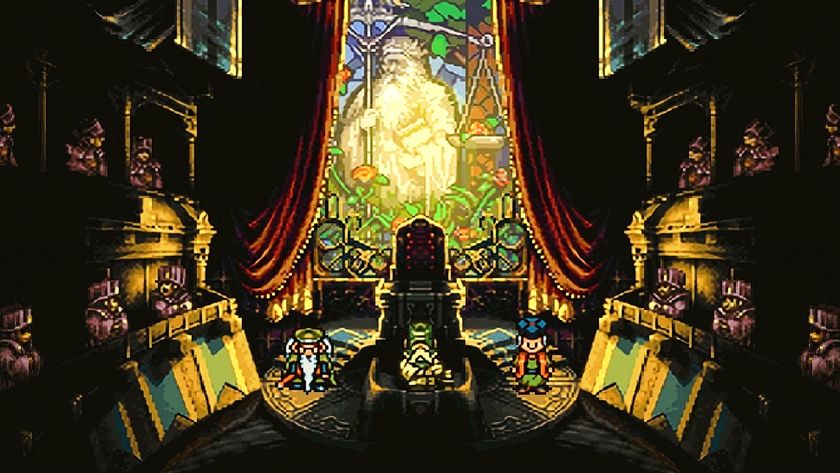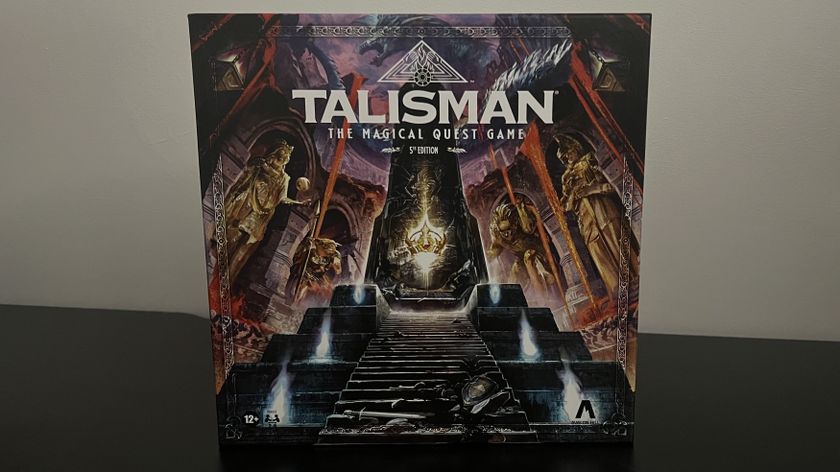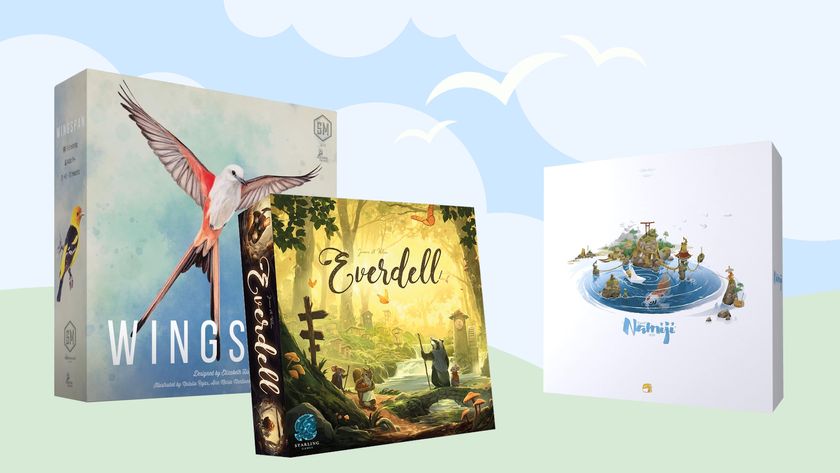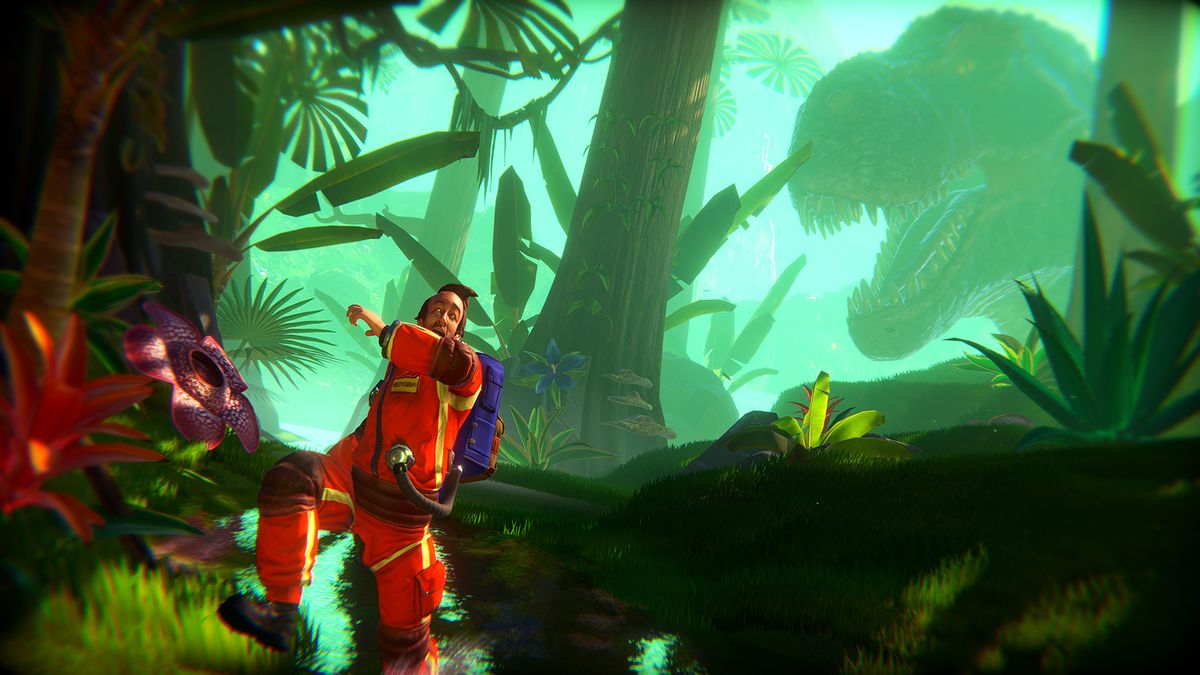
When one chapter closes, another begins. With the release of Little Orpheus for Apple Arcade, The Chinese Room has taken a step back from the walking simulators it has become so synonymous with. For the time being, at least. The studio isn't abandoning games that leverage storytelling as a central mechanic entirely. In fact, that narrative is something the studio is only too keen to push back against as it embarks on the next part of its journey..
"It's worth saying that The Chinese Room is still focused on narrative games and storytelling. I think what we're exploring at this point, that was never really a thing for us before, is gameplay. We're looking at gameplay and seeing how that meshes— sorry, my kids have just come in with soup," laughs John McCormack, the studio's art director highlighting the perils of working from home and the threat of spillage in his studio in a moment of pure, unadulterated disruption. "You made soup? Nice One! Anyway... where was I?"
Charting a new path
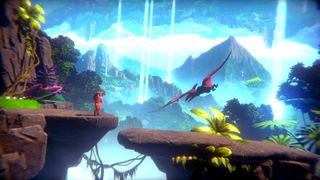
It's been a tumultuous five years for The Chinese Room, following the release of Everybody's Gone to the Rapture in 2015. The studio was forced to lay off its entire staff in 2017, as it struggled to hold its head above water between projects, before being acquired by Sumo Digital in late 2018. Development of Little Orpheus began soon after. McCormack was one of the 15 new staffers brought into The Chinese Room following the acquisition, a period of massive growth over just three months. The studio hadn't planned on making the jump to mobile, although the opportunity was too lucrative to pass up.
"At its heart, The Chinese Room is still a company that's narrative-based and storytelling-based," says McCormack, teasing what the team has been up to since Sumo stepped into the picture. "We've been working on multiple games, including first-person action adventure games."
"But Little Orpheus was an interesting one. When Dan [Pinchbeck, creative director] and Ed [Daly, studio director] were bringing The Chinese Room back to life with Sumo, the Apple Arcade deal was serendipitous. They were looking for people to make content for the platform and we happened to come along at that exact point."
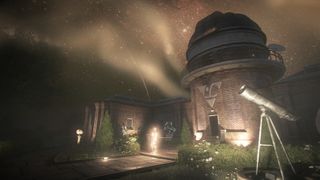
It didn't take long for the studio to find something that would fit. McCormack tells me that Pinchbeck has "a ridiculous, prolific amount of ideas; mountains of them" hidden away in his desk for a rainy day such as this. "Literally as soon as Dan pitched Little Orpheus, it was funded! That was it, they loved it, so let's go!"
"We suddenly found ourselves with the new Chinese Room’s first game being a bit different from what it had done before. It might look like it’s a departure, but, to me, it’s almost the perfect way to kickstart an indie company. You have an original idea that’s funded, that’s contained enough, and on a platform that’s perfect for us to build a team," McCormack continues.
Sign up to the 12DOVE Newsletter
Weekly digests, tales from the communities you love, and more
In just 18-months, The Chinese Room rebuilt itself, bigger than ever before, and it delivered Little Orpheus. All things considered, the results are pretty astounding. It's a technicolour side-scrolling adventure inspired by the likes of Flash Gordon and The Land That Time Forgot, where you're tasked with guiding a cosmonaut through an array of otherworldly scenarios. It's fun, it's lighthearted, and it's a perfect distraction from a world wrought with chaos.
What comes next?
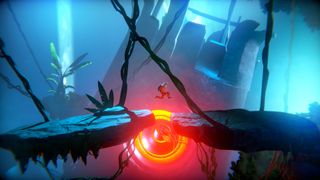
Little Orpheus' success demonstrates that the studio is capable of navigating new genres. Its Apple Arcade exclusive is full of the types of gorgeous environments, spine-tingling audio cues, and sharp narration that The Chinese Room is known for delivering. A platformer though, that's a new one – a challenge lead designer Matthew Duff didn't take lightly.
"With the gameplay, we kind of want you to just come along for the ride and have a rip-roaring, Saturday afternoon, B-movie type of adventure. It's never super tough or super-tricky, we're not doing twitch-platforming or anything like that. The focus is very much on narration," says Duff, explaining that the team "want you to stop and look around these levels, and take a look at the amazing artwork. Honestly, I don't think there's a better looking Apple Arcade game out there at the moment."
Little Orpheus might seem like an odd fit for The Chinese Room, but the fundamentals for its style of games are all in there. And sure, it has more gameplay mechanics than a walk through a quaint, raptured english town might have done, but that should be seen as growth for the expanding team.
It's as McCormack said at the beginning, before his focus shifted from walking simulators to soup-splashed damage mitigation: "We're seeing how we can go from purely telling a story to seeing how that meshes with gameplay. This is kind of the first experiment, and we're going to take it from there."
Little Orpheus is available now for Apple Arcade. If you're looking for other awesome games to play, check out our list of the 25 best Apple Arcade games to make the most of your subscription.

Josh West is the Editor-in-Chief of 12DOVE. He has over 15 years experience in online and print journalism, and holds a BA (Hons) in Journalism and Feature Writing. Prior to starting his current position, Josh has served as GR+'s Features Editor and Deputy Editor of games™ magazine, and has freelanced for numerous publications including 3D Artist, Edge magazine, iCreate, Metal Hammer, Play, Retro Gamer, and SFX. Additionally, he has appeared on the BBC and ITV to provide expert comment, written for Scholastic books, edited a book for Hachette, and worked as the Assistant Producer of the Future Games Show. In his spare time, Josh likes to play bass guitar and video games. Years ago, he was in a few movies and TV shows that you've definitely seen but will never be able to spot him in.
